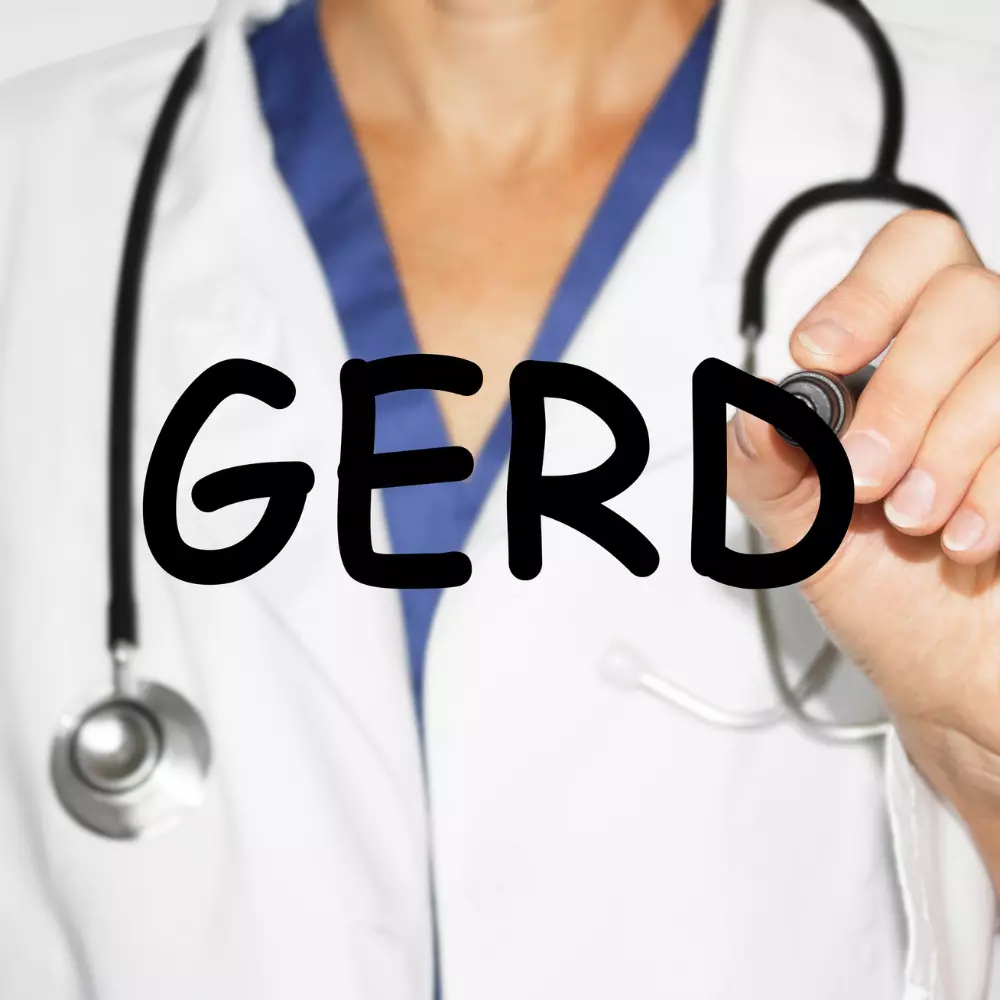Constipation is a common digestive issue that can cause discomfort, bloating, and frustration for millions of people worldwide. While occasional constipation is normal, chronic or severe constipation can significantly impact the quality of life and overall well-being. Fortunately, gastroenterology offers a range of strategies and treatments to help individuals overcome constipation and find lasting relief. In this blog, we’ll explore some effective gastroenterology strategies for relieving constipation and improving digestive health.
Understanding Constipation
Constipation is defined as having fewer than three bowel movements per week or experiencing difficulty and discomfort during bowel movements. Common symptoms of constipation include infrequent or hard stools, straining during bowel movements, and a feeling of incomplete evacuation. Constipation can be caused by various factors, including dietary choices, dehydration, lack of physical activity, medications, and underlying medical conditions.
Gastroenterology Strategies for Relief
Dietary Modifications
One of the first steps in relieving constipation is making changes to your diet. Increase your fiber intake by incorporating more fruits, vegetables, whole grains, and legumes into your meals. Fiber helps add bulk to stool and promotes regular bowel movements. Additionally, staying hydrated by drinking plenty of water throughout the day can soften stools and make them easier to pass.
Lifestyle Changes
Regular physical activity can help stimulate bowel movements and promote healthy digestion. Aim for at least 30 minutes of moderate exercise most days of the week, such as walking, cycling, or swimming. Establishing a regular bowel routine by setting aside time each day for a bowel movement can also help train your body to have more regular and predictable bowel movements.
Medication
Over-the-counter laxatives and stool softeners may provide temporary relief from constipation. However, it’s essential to use these medications as directed and avoid relying on them long-term, as they can lead to dependence and worsen constipation over time. Your gastroenterologist may prescribe prescription medications or recommend alternative treatments based on your individual needs and symptoms.
Biofeedback Therapy
For individuals with chronic constipation caused by dysfunction of the pelvic floor muscles, biofeedback therapy may be beneficial. Biofeedback therapy involves using sensors and electronic instruments to measure and provide feedback on muscle activity, allowing patients to learn how to control and strengthen their pelvic floor muscles to improve bowel function.
Evaluation and Treatment of Underlying Conditions
In some cases, constipation may be a symptom of an underlying medical condition such as irritable bowel syndrome (IBS), thyroid disorders, or pelvic floor dysfunction. A comprehensive evaluation by a gastroenterologist can help identify and address any underlying conditions contributing to constipation.
Seeking Help
If you’re experiencing persistent or severe constipation that does not respond to home remedies or over-the-counter treatments, it’s essential to seek medical attention from a gastroenterologist. Your gastroenterologist can perform a thorough evaluation to determine the underlying cause of your constipation and develop a personalized treatment plan to provide relief and improve your quality of life.
Constipation can be a challenging and uncomfortable condition, but with the help of gastroenterology strategies and treatments, relief is possible. By making dietary and lifestyle changes, exploring medication options, and seeking evaluation and treatment from a gastroenterologist, you can overcome constipation and enjoy improved digestive health. Don’t let constipation hold you back—take proactive steps to address your symptoms and reclaim control over your digestive system. Combat constipation with Merus Gastro’s effective gastroenterology strategies. Find relief and better digestive health. Contact us today!









